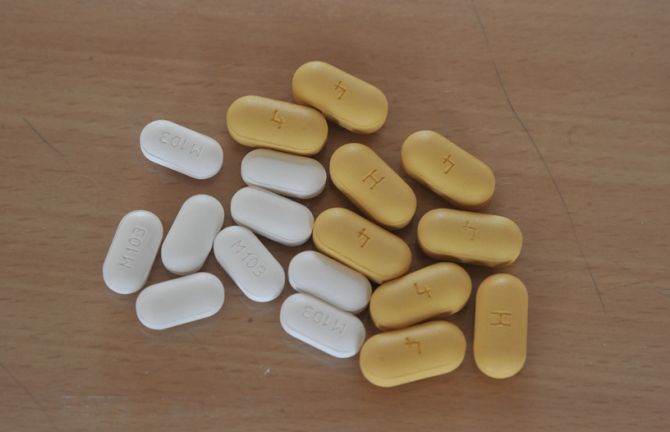

Update
Extended TRIPS transition period for pharmaceutical products
12 November 2015
12 November 2015 12 November 2015UNAIDS has welcomed the decision from the TRIPS (Trade-Related Aspects of Intellectual Property Rights) Council of the World Trade Organization to renew the exemption for the least developed countries (LDCs) from patents and test data protection for pharmaceutical products for a period of 17 years. Although the decision falls short of the goal of indefinitely waiving TRIPS obligations, UNAIDS is confident that it will provide the legal flexibility for countries to continue to import affordable generic medicines.
The exemption means that the LDCs will not be obliged to implement, apply or enforce patents and protect test data for pharmaceutical products until 1 January 2033. The decision is without prejudice to the right of the LDCs to seek additional transitional periods in the framework of the TRIPS Agreement.
The LDCs need maximum flexibility to implement domestic laws to improve their technological base and to increase local production of affordable medicines.
Quotes
"As the world accelerates action and smarter investments to Fast-Track the end of the AIDS epidemic and other global health challenges, this TRIPS Council decision could not have come at a better time. I am confident the least developed countries in sub-Saharan Africa, a region with the world’s poorest and vulnerable nations most affected by HIV and AIDS, will utilize the flexibility in the implementation of national laws to improve their technological base and to boost local production of and facilitate access to affordable medicines for infectious as well as noncommunicable diseases."
“This decision by the World Trade Organization’s TRIPS Council will facilitate access to affordable and quality assured medicines by some of the world’s poorest people. It will also contribute to achieving the targets of the UNAIDS Fast-Track approach and to ending AIDS as a public health threat by 2030.”



